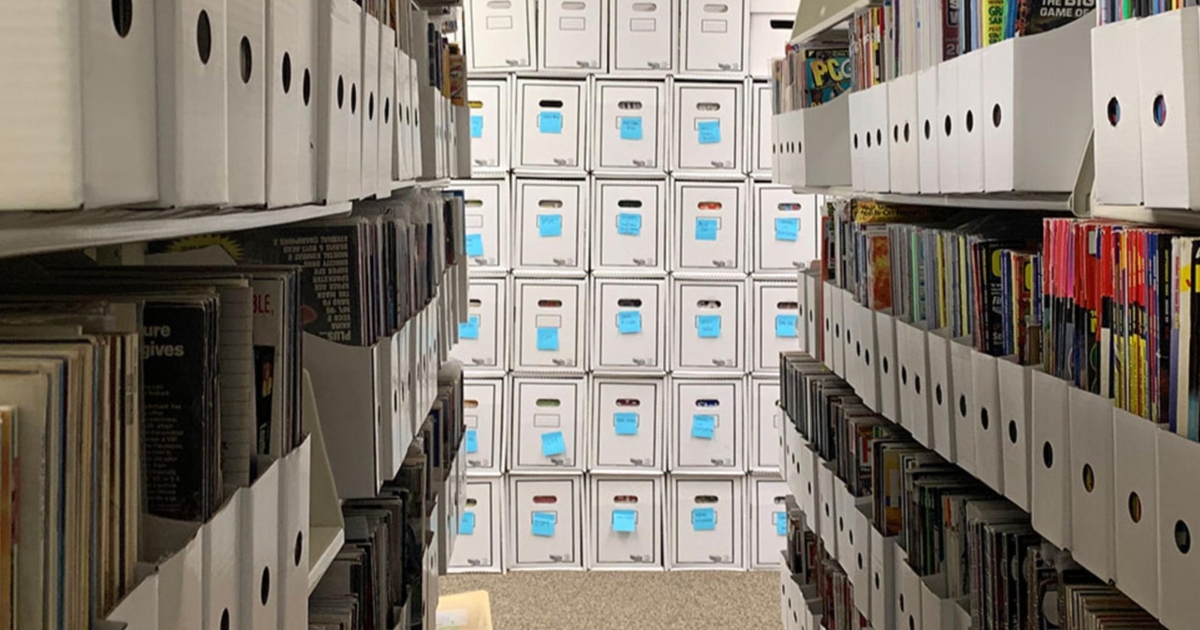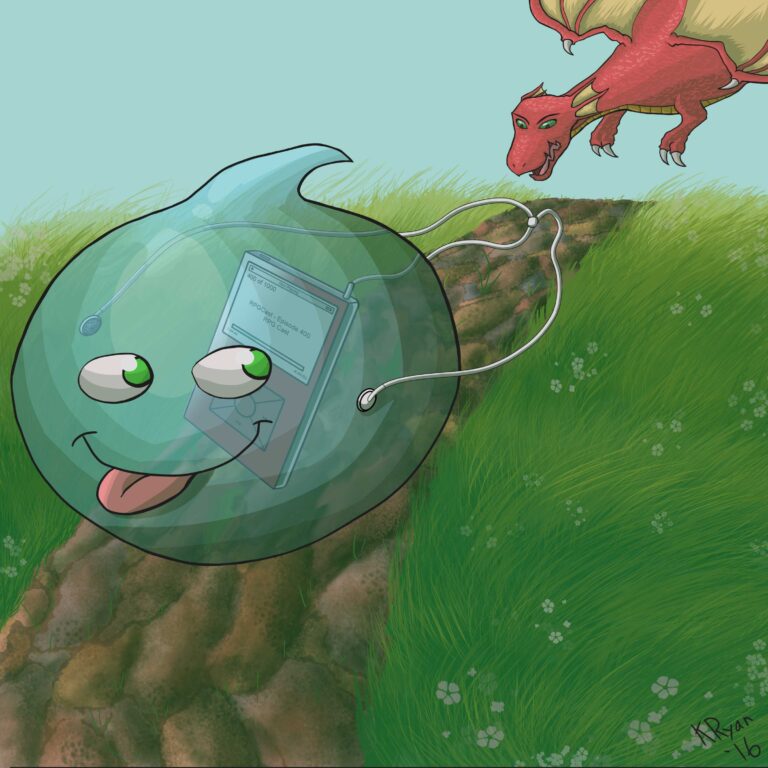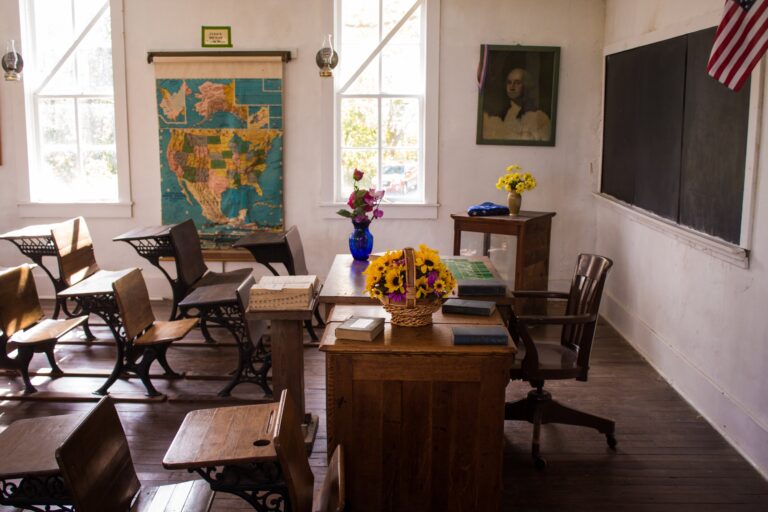The Electronic Software Association continues to not have a hand in any efforts toward game preservation.
Last week, lawyer Steve Englund was asked about the possibility of allowing libraries to preserve legacy games. In response, he said there’s currently “[no] combination of limitations [ESA members] would support to provide remote access.”
In 2023, the Video Game History Foundation revealed 87 percent of games released pre-2010 were currently not preserved in any capacity. Attempts previously made by the Library of Congress were halted by the ESA, which said it’d rely on publishers to take care of those efforts themselves.
Englund suggested working with Ivy League schools to set up remote access or some kind of scholarly application as an alternative. Even so, he paradoxically said that physical offices housing collections of games wouldn’t entirely be satisfactory for him.
To him, the worst thing for a non-profit organization (or anywhere with an online archive) would be to put a preserved game with “few restrictions” online. That kind of remote access would be “insufficient progress” when it comes to preservation.
The only one on Englund’s side was AACS attorney Mike Ayers. In his eyes, there should be “more substance” in combating the already-restrictive preservation rules.
“Anybody can have a mailing address,” said Ayers. When it comes to just checking boxes as opposed to having anything verified, I would have concerns. […] It’s not clear [physical premises] will actually be effective.”
During the hearing, other speakers were adamant that something needed to be done about game preservation and that both Englund and Ayers were missing the point.
VGHF library director Phil Salvador argued public libraries lack the manpower, expertise, or interest to make a meaningful game collection, either physical or digital.
Institutions making the active effort to do this are in the single-digit numbers, he speculated. Only specialized institutions and collections could really make use of the exemption for remote digital access.
Technology lawyer Kendra Albert argued that the ESA has been unwilling to meet researchers and preservationists halfway on these efforts. Any changes made or proposed, they said, will “never be enough” for rights holders for those games.
Likewise, they called it “upsetting” to say scholars’ efforts were undermined by the idea of people caring these games. In Albert’s eyes, that remark underlines how deeply out of touch both Englund and Ayers are about games as a medium.
“Harming scholarship and teaching because there might be an interest in recreational play…doesn’t feel fair to them which put a lot of effort into making these works available.”
The streamed hearing on game preservation can be viewed here.
#ESA #members #wont #support #plan #libraries #preserve #games #online




















+ There are no comments
Add yours